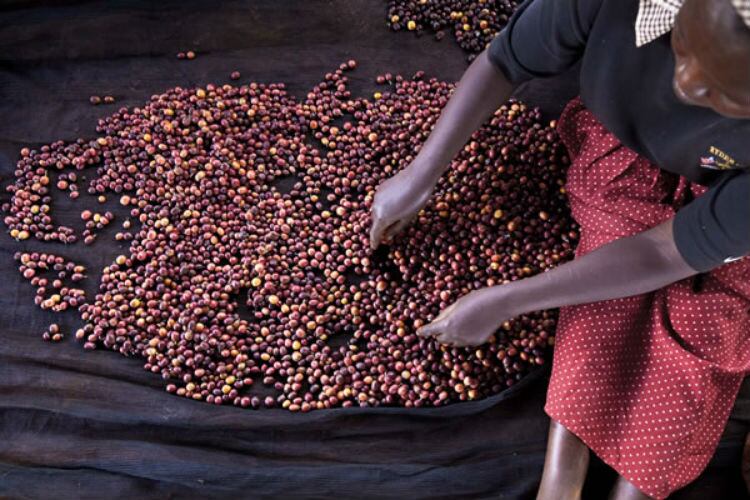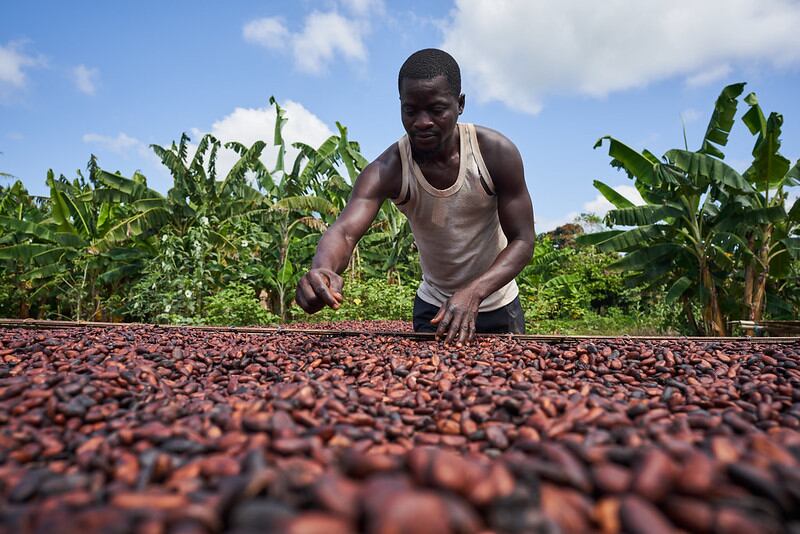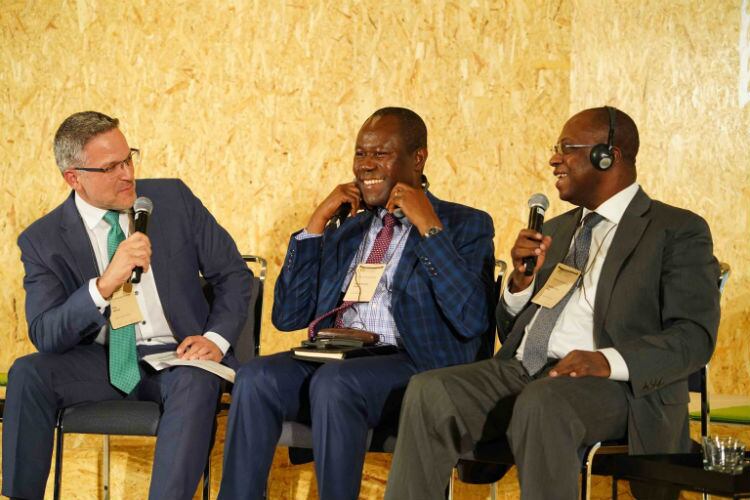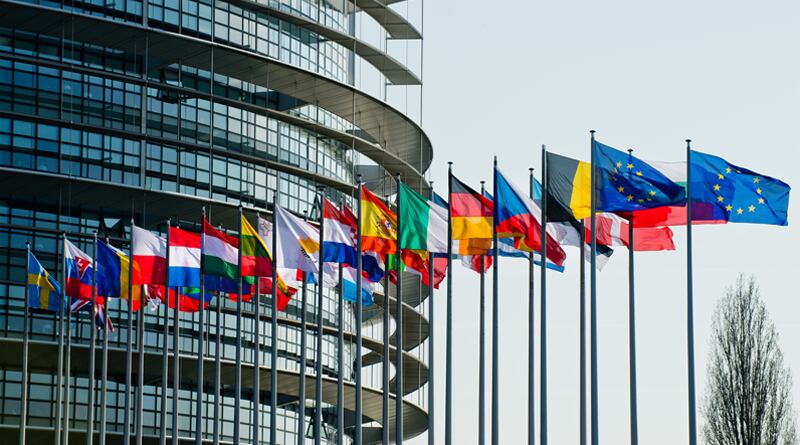With a new European Parliament (the EU's law-making body) focusing on climate and the environment with sustainability at the top of its agenda, the cocoa industry has been specifically called to account recently and the new EU Commission (the executive branch of the European Union) president, Ursula von der Leyen, is on record saying she will have zero tolerance for child labor and deforestation in the production of chocolate bars.
Speaking at an event at the recent Chocoa Sustainable Chocolate Festival and Conference in Amsterdam, Maria Suman Negut, the European Cocoa Association’s (ECA) EU sustainability manager, said a first draft of the EU legal framework report will be published in May and if agreed at Parliament and Commission level, due diligence regulation for the cocoa sector could be in place within two years.
Voluntary partners agreements
In July 2019, the Commission published an action plan to address deforestation and in October set up a proposal for voluntary partners agreements (VPAs) for the cocoa sector similar to what is in place for the timber sector, she said.
The EU Timber Regulation helped to exclude illegal timber from the EU market and required companies to have due diligence systems in place.
We need to act fast -- Maria Suman Negut, the European Cocoa Association
In a report published by Fern, ‘Towards sustainable cocoa supply chains: Regulatory options for the EU’, it said cocoa could be included in a wider due diligence regulation covering all forest risk commodities, with its application phased by commodity. It could play a valuable role in providing an incentive to cocoa-producing countries to agree a bilateral VPA-type agreement.
But Suman Negut said the ECA raised attention to the fact it took 15 years to negotiate voluntary partnership agreements for the timber sector “and 15 years is way too long for the cocoa sector, we need to act fast.”
She said the ECA has a position paper on due diligence and it clearly shows there is strong support from the industry, who were 'all aligned'.
“The fact that companies already have voluntary commitments and their own projects linked to sustainable cocoa ... unfortunately it’s not good enough to reach necessary results," she said.
Level playing field
Suman Negut said due diligence regulation applied to the entire EU could create a level playing field and will also drive the demand for sustainable raw materials. “It should be applied to all actors in the cocoa supply chain - retailers should also be included in the discussion together with significant steps taken by governments in cocoa producing companies.”
She said labeling is being considered by the EU and another option is a potential trade ban on cocoa suspected of originating from protected areas or to be involved in child labor, while mandatory due diligence is also considered.
Answering a question on whether new regional standards (requirements for cocoa sustainability management systems based on ISO standard 34101) being proposed is going to help or hinder the EU’s due diligence framework, Suman Negut said the EU had no knowledge if that was the case and a standard like that would not comply to due diligence legislation because sub-regional standards (SRS), used by Fairtrade and Rainforest Alliance, for example, are farming standards so they deal with what happens on the farm itself.
We don’t want environmental protection and child labor to be a choice for consumers, which is why we are asking for a mandatory playing field -- Antonie Fountain, The Voice Network
“The challenges we are dealing with are not issues you can solve per se at the farm, they are more systemic, structural and political issues - so therefore SRS is part of the solution but never a a complete solution.”
She said agricultural policies require the weight of the EU to stand together with governments in cocoa countries to develop polices and rural development policies, because the “problems go beyond what a farmer is doing in his day to day farming.”
The Voice Network
Antonie Fountain from The Voice Network co-chaired the session with Suman Negut and he argued that simply adding a new label to a chocolate bar is not the answer. “We've got enough labels - 49 labels in Netherlands alone, we don’t need another,” he said.
“Due diligence is most effective, voluntary labeling doesn't work, we don’t want environmental protection and child labor to be a choice for consumers, which is why we are asking for a mandatory playing field, which might work. We have spent the last two decades 'messing about' with voluntary schemes and it has not been effective enough.”
He also said that an import ban on cocoa will hurt farmers most and the problem is not just in Côte d'Ivoire; Ghana has a large child labor problem and individual countries should not be singled out.
Legal consequences
There must be legal consequences for non-compliance when EU regulatory framework is introduced, said Fountain, and the law must be watertight with no legal loopholes for all companies, not just multinationals, he told the conference.
“Every company needs to make sure that there is no human rights and environmental violations in their supply chain.”
The Voice Network recently published its own statement on due diligence regulation with signatories from major chocolate manufactures and suppliers including Barry Callebaut, Mondelēz International and Mars Wrigley.
“When several multinationals came out and asked for a law it is quite a new thing, usually it's the other way around. The companies are wanting to be a part of it because they told me they would much rather be at the table than on the menu, and the fact that there will be more and more regulation coming is a fact.”
Fountain said there is very clearly a corporate responsibility to respect human rights and that's where the due diligence aspect comes in: “But you can't just put the whole burden on the companies - the UN’s guiding principles looks at the breadth of all responsible actors who need to take action. Our call for a regulation is not just a demand-side due diligence regulation but to couple that with agreements with the countries where cocoa is grown to ensure due diligence takes place in the enabling environment as well.”
In its report, Fern agrees none of the options being considered is likely to succeed in isolation. The EU has a critical role to play in improving the problems of the cocoa sector in encouraging the development of a sustainable cocoa supply chain that meets the aims of ensuring respect for human rights and labour standards, payment of fair prices, protection of the environment and improvements in governance and law enforcement.




